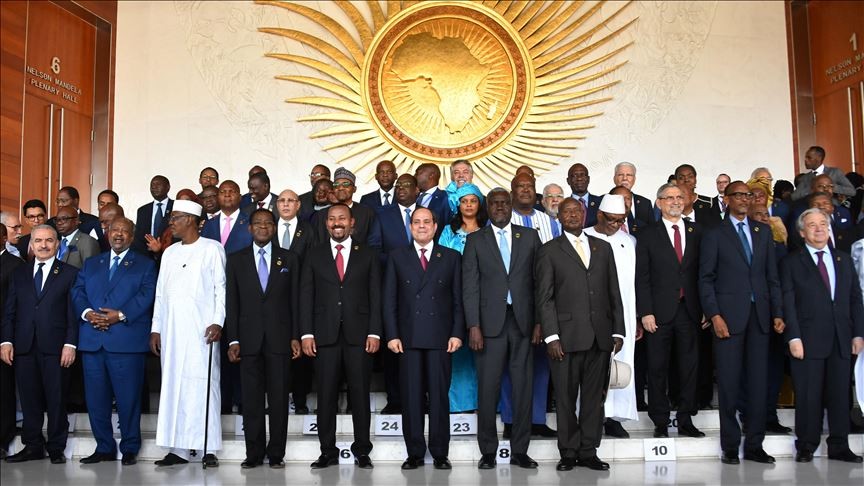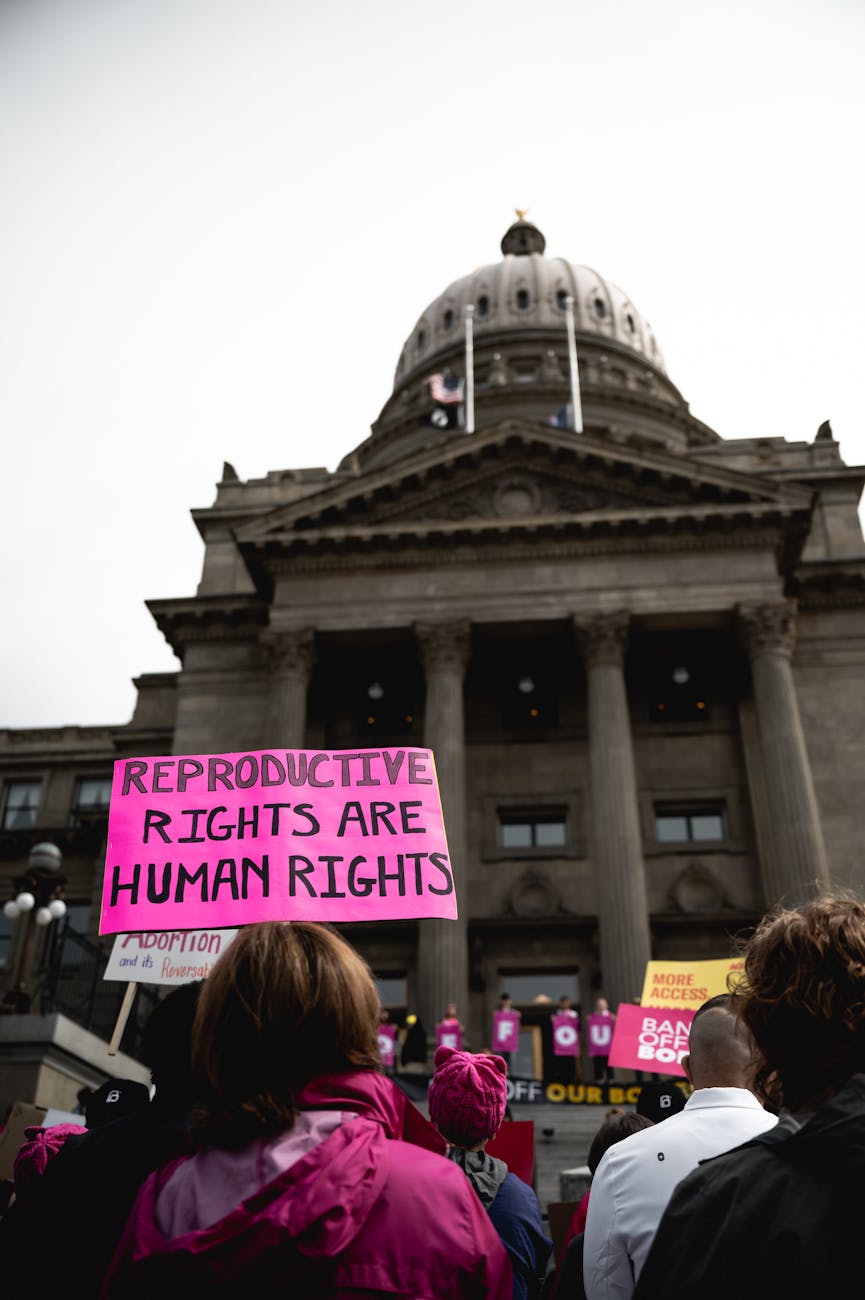“Free trade has been proven, time and again, as a reliable path to economic development. It pushes the public and private sectors alike toward greater accountability and transparency. It lifts people out of poverty, and while it can force unsettling changes on a society, those changes prove to be worthwhile in a very short time.” – Jonah Goldberg
Read more: The African Continental Free Trade Area (AfCFTA) Agreement: Advancing and Ensuring Sustainable Implementation.The African Continental Free Trade Area (AfCFTA) is a significant step in achieving Africa’s economic integration, by creating a market for the free movement of goods and the expansion of businesses and investments across the continent. The pact seeks to advance domestic and foreign investment; accelerate industrial development to promote the growth of regional value chains; progressively liberalize trading services across the African continent and play an important role in the continent’s post-pandemic recovery.
To take advantage of the agreement’s potential benefits and ensure sustainability, there are challenges to overcome. These include reducing the infrastructure deficit (notably in roads and ports) by consolidating operational processes; reducing critical tariff and non-tariff barriers to trade (NTBs), such as artificial borders, unnecessary customs and administrative requirements, (lack of coordination or standardization in regulations, burdensome procedures for clearing goods and barriers to obtaining a visa) that directly affect the capacity of economies to move merchandise within and outside their borders. The removal of trade barriers to facilitate the free movement of goods, services, and people across Africa, will position the continent towards experiencing an increase in combined consumer and business spending up to an estimated $6.7 trillion by 2030..
Trade-induced income inequality, a potential side effect from implementation of the agreement is likely to be country-specific, but where present, it poses a challenge to policymakers. Although more research is required in this regard, the proposed gradual removal of NTBs in the wake of the operating agreement means that AfCFTA-induced inequality may not rise rapidly, giving policy makers more than enough time to assess the implications of trade opening as they occur and take remedial measures.
The African Continental Free Trade Area (AfCFTA) agreement also raises concerns about the deterioration of government-funded public-health systems, increasing disparities in access to health care and the ever – present medical brain drain. The free movement of people increases the risk of diseases spreading across borders, especially given the weak disease-surveillance systems and insecurity in several African countries. Infectious diseases, such as COVID-19, may spread further and faster, as well as increases in instances of obesity, diabetes, and heart diseases as noted with the introduction of other trade agreements, according to epidemiologists. The Consumption of processed foods and sugared beverages, for example, increased in several Pacific Island countries after import taxes on these products were removed, giving rise to unanticipated health outcomes. Tobacco and alcohol consumption may also rise if large multinational corporations use existing rules to force countries to lift advertising restrictions on these products.
The AfCFTA free-movement rules, like other trade treaties, will allow people to access government-funded health services in any member country. The number of foreign patients seeking treatment in countries with relatively strong health-care systems, such as Kenya and Uganda, is likely to rise sharply. Citizens of these destination countries, on the other hand, will feel the pinch as already under resourced medical services are stretched even further.


The new free-trade zone is also expected to stimulate growth in the private health care sector, including medical tourism. For example, as the demand for cancer treatment grows, visa-free travel will allow people in African countries that lack radiotherapy services to seek treatment elsewhere. However, there is a drawback to this expansion. Private health care and medical tourism encourage clinicians to move from poorer to wealthier economies and from public to private health care employers. As a result, public-health systems become weaker and understaffed, particularly in disadvantaged countries.
There is also concern that big pharmaceutical companies will advocate for restrictions on generic drug imports into the Free Trade Area, as happened in Guatemala after the Central America Free Trade Agreement went into effect. Such restrictions raise the cost of drugs, disproportionately affecting the poor.
From the African Union’s perspective, the AfCFTA is a great step toward integrating the continent and promoting regional trade. This is an opportunity for African governments, to learn from the past experiences of other trading blocs and develop appropriate structures to mitigate the unintended consequences associated with open trade policies.











